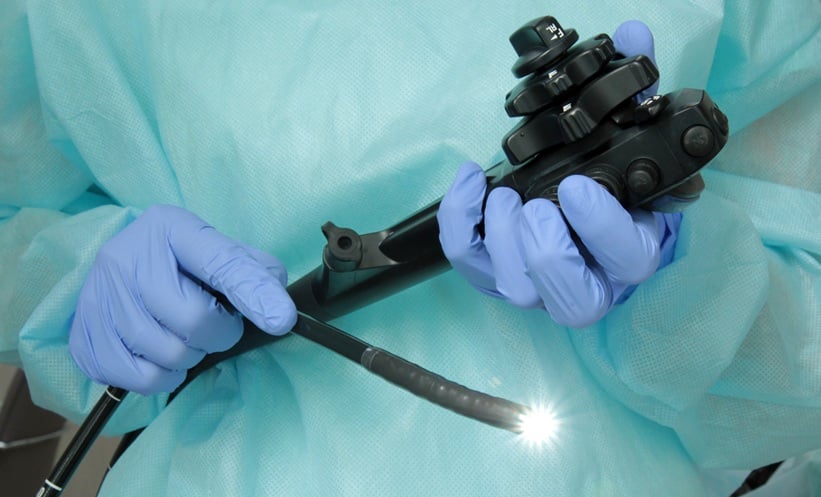Abstract
Acute upper gastrointestinal bleeding (AUGIB) is the most common GI emergency, responsible for up to 70,000 hospital admissions in the UK and around 4,000 deaths. The latest UK national audit highlighted inconsistencies in both the management and service provision. Several national and international professional bodies have produced evidence-based recommendations on the management of AUGIB. We carried out a review of the guidance documentation published by four expert bodies including the National Institute of Clinical Excellence, the Scottish Intercollegiate Guidelines Network, the American College of Gastroenterology, and those published in the Annals of Internal Medicine. Consensus is still yet to be reached for initiating blood products in the emergency situation, with some evidence suggesting that liberal transfusion could exacerbate bleeding severity, although there is a lack of large randomised trials. It is widely agreed that prompt endoscopy within 24 hours improves outcomes, but evidence suggests that lowering this threshold confers no additional benefit. Use of proton pump inhibitors both pre and post-endoscopy for non-variceal bleeds is also advocated by professional bodies, with substantial evidence that it reduces the risk of re-bleeding. For patients with suspected oesophageal or gastric variceal bleeding, prophylactic antibiotics and vasopressin analogues are recommended, although guidelines vary on specific regimens. Recent UK and international guidelines provide a useful framework to guide management of patients who present to the emergency department with suspected AUGIB; however, their advice varies in some key areas due to a lack of large randomised trials as supporting evidence.
Please view the full content in the pdf above.








